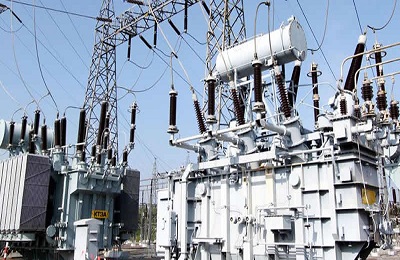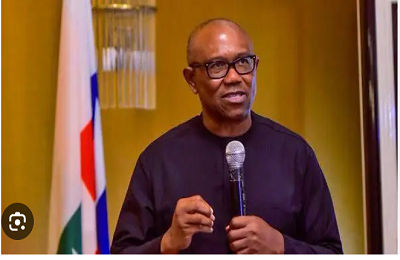ABUJA – The Presidency has begun processes to clear a N2tn legacy GenCo debt. The goal is to settle this by the end of the next quarter. Eriye Onagoruwa, representing the Special Adviser to the President on Energy, announced this at the 2025 Nigerian Electricity Supply Industry (NESI) Stakeholders Meeting. The Nigerian Electricity Regulatory Commission hosted the event.
“We are empathetic to what GenCos are facing,” Onagoruwa said. She stated, “We are exploring alternative debt instruments, and I can confirm that both the Coordinating Minister of the Economy and the Debt Management Office are aligned with this effort.” While not giving an exact date, Onagoruwa expressed hope for clear progress on the GenCo debt soon.
Growing Billions: The GenCo Debt Problem
Financial strain on power generators is severe. Unpaid dues exceed N4tn. Stakeholders at the meeting reported the Federal Government owes power producers about N200bn monthly. This year alone, the backlog is N800bn. The Senate Committee on Power called this liquidity crisis a major threat to the sector. Tariff shortfalls and erratic payments cause the crisis. This has led GenCos to warn about their operations and call for urgent action on the GenCo debt. Onagoruwa stressed that government officials are “aligned” to solve this.
Wider Reforms to Stabilize Nigeria’s Power Market
The NESI meeting also addressed other key reforms for Nigeria’s power sector. These included the electricity metering gap, the Presidential Metering Initiative, and the proposed Meter Asset Fund. The implementation of the Nigerian Independent System Operator (NISO) was also discussed. Challenges from the Electricity Act 2023, like market fragmentation, were key topics.
John Akinnawo, acting MD of NBET, warned, “We must ensure policy and operational harmonisation to avoid fragmenting the market.” NISO’s Managing Director, Abdu Mohammed Bello, said his agency aims to boost transparency and stability. Stakeholders welcomed the Presidency’s move on the debt. They see it as a vital step for a more stable power industry.
By Abdullah Korede








